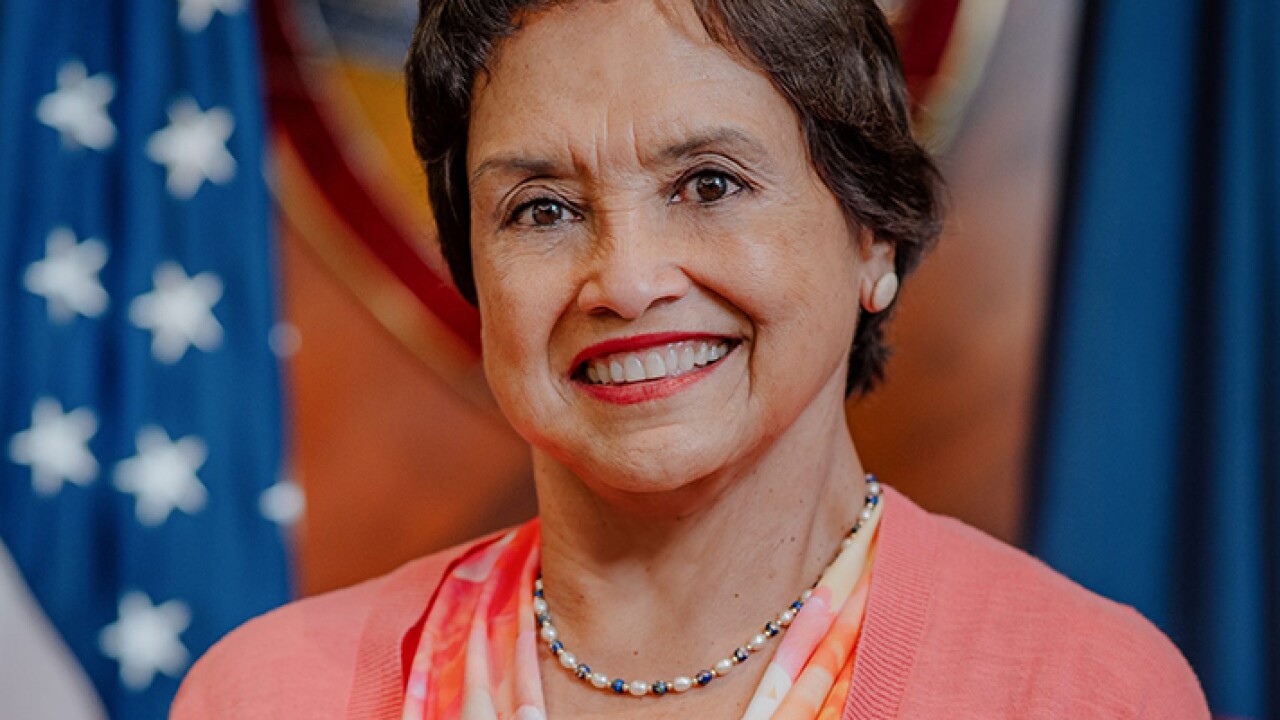
Nevada in August cemented its position as the slowest state at issuing audited financial statements, but the state controller says a turnaround is already underway.
The state posted its
That meant the Silver State's financials were released 777 days after the fiscal year ended, according to data provided by Richard Ciccarone, president emeritus of Merritt Research Services, an Investortools company.
That means Nevada
Illinois produced its within 769 days and California, which also has also been
Ciccarone views late ACFRs as a red flag.
"My view of this is that when you are doing a financial analysis-credit analysis, part of that is management and good governance," Ciccarone said. "A fundamental principle is that analysis requires an audit. When an audit doesn't come out for two years one has to wonder why they have failed that level of good governance; and whether something strange has occurred that needs to be investigated."
Nevada State Controller Andy Matthews said he has a plan to get Nevada's financial reporting back on track.
He plans to release the fiscal 2024 ACFR in March, a five-month improvement over this year's, and then the fiscal 2025 ACFR toward the end of 2026, and to release the fiscal 2026 report in spring 2027, closer to when the state should be releasing it, he said.
He expects the fiscal 2027 ACFR will be released in March, nine months after the end of the fiscal year, which is more typical.
Matthews, a Republican, was elected in 2022.
"We inherited a situation where the ACFR was being released increasingly later and the momentum was going in the wrong direction," he said. "It was occurring for a lot of reasons, some of which were structural, but some of which were because there was a lack of urgency to get it back on track."
ACFRs began to slip under the tenure of Catherine Byrne, a Democrat who didn't run for reelection in 2022.
The Government Finance Officers Association
Nevada's audited financials for fiscal 2018 and 2019 both came out later than, but close to, the six-month mark considered acceptable by the GFOA, 191 days after the fiscal year-end in 2018 and 215 days in 2019, according to Ciccarone's data.
But for 2020, the state's ACFR took 325 days, or more than 10 months. It continued to slip over the next two years, with the fiscal 2022 ACFR taking 559 days.
The general standard has been six to nine months after the end of the fiscal year, Ciccarone said, though he thinks if New York can produce an ACFR in 120 days, other state governments should be able to.
By the time he took office in January 2023, the 2022 ACFR should have been nearing the finish line, Matthews said. Instead, work was just beginning.
"A lot of it grew out of COVID-19 and the challenges there," Matthews said. "Nevada was one of the states stuck with lengthy lockdowns and the resultant reductions in economic activity. Revenues took a hit and a lot of people in state service retired. We saw a number of retirements in the controller's office within the first few months of me coming in."
The structural issue is that as the state government grew, the number of workers in the state controller's office did not, he said.
He needed to hire someone to replace a retiree who had led efforts on the ACFRs, but found the state salary for a civil servant in that role wasn't competitive enough to attract strong candidates.
To bump the position's salary to its current $150,000 level, Matthews had to ask lawmakers and the governor to create a new deputy controller position through budget legislation.
Matthews and James Smack, the controller's chief deputy, lobbied for the position and were able to convince Republican Gov. Joe Lombardo and the Democratic-controlled Legislature to approve it.
"You are playing with fire if you don't address these issues," Matthews said. "As a Republican, I tend to be a supporter of more limited government. But financial reporting isn't a pet project, it's the nuts-and-bolts of what government should be doing. And if more resources are needed to do this job, they should be available."
Jocelyn Holly, a senior accountant in the ACFR division, who Matthews said has "really strong technical skills," stepped up to fill the role, but was happy to return to her former position when Nielsine Sherk was hired as deputy controller. Sherk started in the beginning of August.
"I was grateful for [Holly's] willingness to step up and lead the team," Matthews said.
"What we have done over the past few months is critical to putting the key pieces in place to get this turned around," Matthews said. "Within the ACFR team, they are excited to have Nielsine on board."
Rating agencies have issued caution flags about Nevada's tardy ACFR, but it hasn't affected the ratings.
On June 30, Moody's Ratings released a report saying it had sufficient financial information despite the late ACFRs to maintain its ratings, including its Aa1 issuer and general obligation ratings. The outlook is stable.
But
There are more instances of delayed publication of audited financials affecting ratings of local governments than states, because with the states, rating agencies receive a lot more information, said Karen Krop, a Fitch senior director.
If Fitch believes it doesn't have adequate information to rate an issuer, it will, and has, withdrawn ratings, Krop said.
"We have seen over the last several years periodic flareups of late audits," Krop said. "They have occurred primarily when switching to a different electronic system, [which was the case in California], and issuers lost a lot of people to retirement after COVID-19."
Fitch "feels comfortable with Nevada's financial disclosure in general," Krop said. "So being late doesn't affect the rating, but we did note they were late in the ratings report, and we have been talking to them about it."
"We would like to see that the delay is shortening over time," she said.
Fitch rates Nevada AA-plus with a stable outlook. S&P Global Ratings rates Nevada AA-plus with a stable outlook.
Not to minimize the importance of the ACFR, but Krop said Fitch has longstanding relationships with the states and familiarity with their numbers that enables it to understand trends and when they may not be in line.
The state had $1.2 billion outstanding general obligation debt at the end of fiscal 2024, $718.8 million in highway revenue motor vehicle fuel tax bonds, $93.2 million in highway revenue subordinate motor vehicle fuel tax bonds, as of the end of fiscal 2024, according to Moody's June 30 rating report.
Shortly after the 2023 ACFR came out, Nevada
During a press conference last week, state officials said that a "sophisticated ransomware attack" was the cause of the disruptions. Tim Galluzi, executive director of the governor's technology office, said the state activated its established cybersecurity incident response plan.
"I can say we don't expect the situation going on will impact the timeliness of our financial reporting," said Matthews. "We believe we will be able to continue to execute the plan and get back on track."
Fitch Ratings doesn't anticipate any immediate effect on the state of Nevada's bond ratings from the cyberattack "given the state's strong fiscal position and prudent management practices including a pre-existing cyber incident response plan," the rating agency wrote in a non-rating action commentary Aug. 29.





